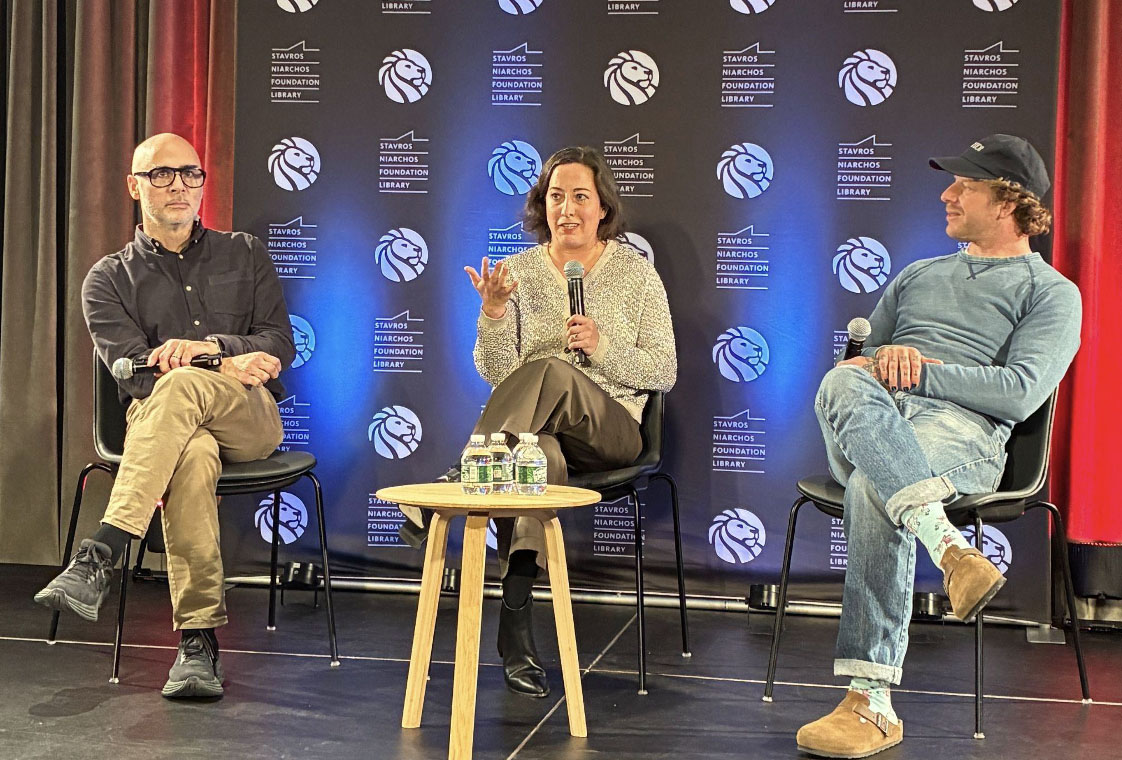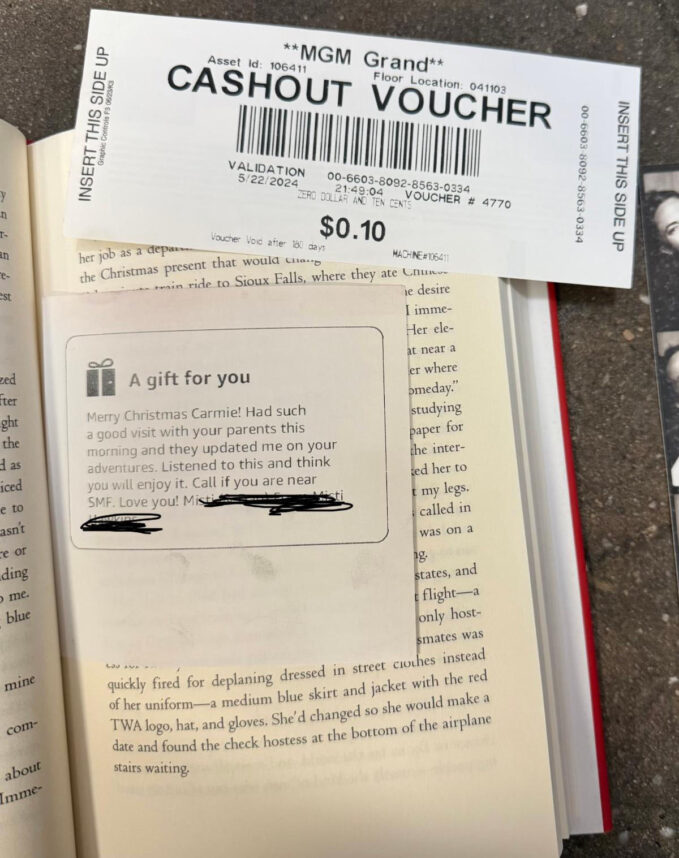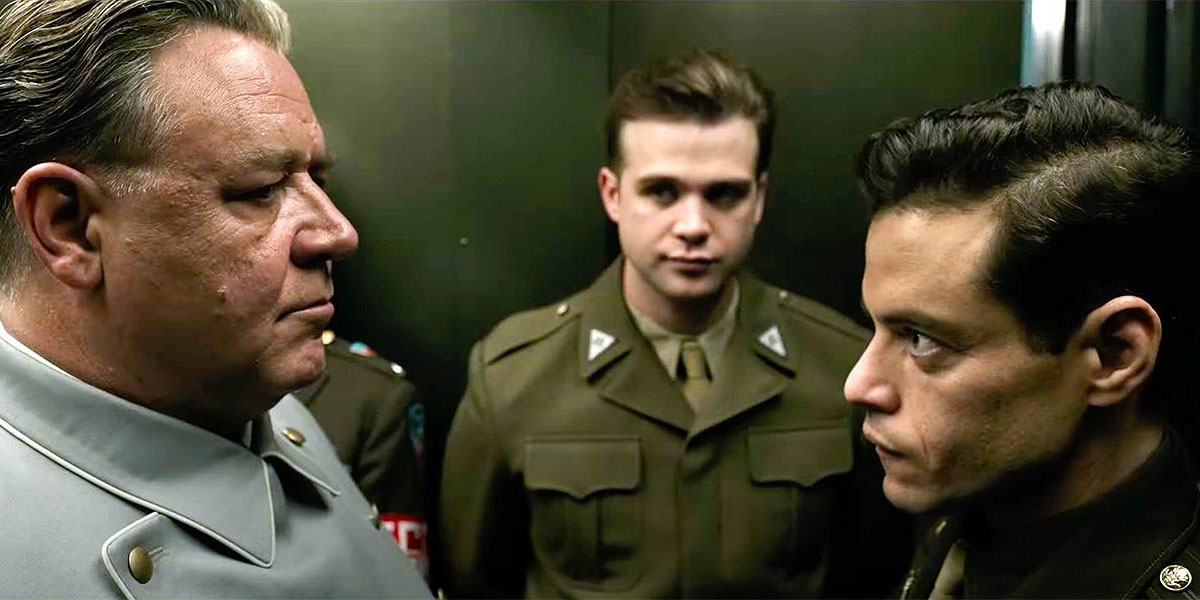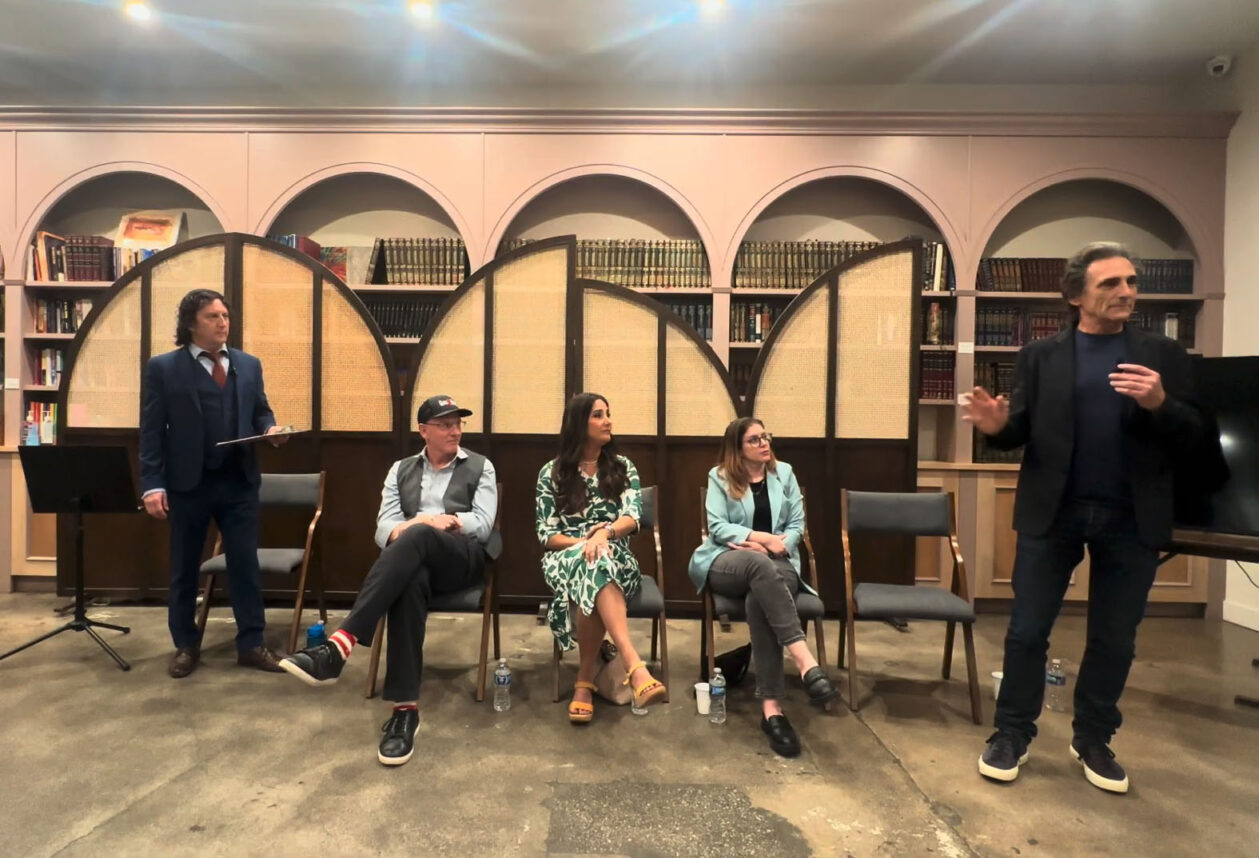Director Bryan Singer was suddenly the flavor of the month. Dozens of scripts landed on his desk. Offers to direct big-budget movies with A-list actors like Brad Pitt and Harrison Ford materialized overnight. The year was 1995 and his breakthrough hit, “The Usual Suspects,” was all the buzz in Hollywood.
But Singer, an independent spirit, declined the mega pictures with big box-office stars, instead choosing to direct (and produce) “Apt Pupil,” a dark, quirky story based on horrormeister Stephen King’s novella.
Set in the mid-’80s, it recounts the tale of a 16-year-old student (Brad Renfro) who, during a class project, becomes obsessed with the Holocaust, and in particular with the cabal of Hitler henchmen responsible for the murders of millions of Jews.
Then he makes a shocking discovery. While riding a bus, he recognizes an elderly passenger as Kurt Dussander (Ian McKellen), a Nazi war criminal who has been living in his neighborhood under an assumed name.
Implausible as it seems, the baby-faced 16-year-old decides to blackmail the old man. But the teen-ager promises to stay silent if Dussander will give him graphic details of his past life, including gruesome blow-by-blow accounts of the gas chamber killings.
It’s a particularly nasty, obscene premise, and this being a Stephen King story, the saga soon spirals out of control as boy and old man engage each other in savage psychological warfare.
“What did it feel like to carry out the gassings?” the boy asks Dussander.
Dussander has no ability to answer “feelings” questions.
“It was something that had to be done,” he replies glibly. “A door had been opened… it couldn’t be shut.”
By the end of the movie, the former SS officer proves that the young man is indeed an apt pupil when it comes to his capacity to absorb evil.
This is an uncomfortable film — a movie suffering from a split personality, although Singer insists that the film does not belong in the lexicon of Holocaust films.
“I read the novella when I was 19,” the 31-year-old director explains, “and thought it was a unique story with unique characters. I thought if I ever become a movie maker I’d like to make this into a film and raise a few eyebrows at least.”
“I was intrigued by the idea of this horrible thing that had happened so many decades ago in Europe and how the terror of it and the horror of it manifested itself and crept its way into suburban contemporary society and this young boy,” says Singer.
Singer expects a certain number of bricks to be hurled his way. This is not a film that wants to be loved or understood. His focus is on the mechanics of corruption and the contaminating nature of evil.
Singer grew up Jewish (“not intensely Jewish”) in a middle-class home in Princeton Junction, N.J. His father was a corporate manager and his mother an environmental activist. “I was not bar mitzvahed. My family were practicing Jews. We had the holidays and I knew about the Shoah early in life.”
At 13, Singer began making 8-millimeter films with his friends doubling as actors, leaning heavily toward war and horror, “anything where I could use blood and fireworks.”
After two years at New York’s School of Visual Arts, he transferred to USC. Within three semesters, he was accepted into the critical studies program at USC’s School of Cinema and Television.
His first professional opus was “Lion’s Den,” a 25-minute film about five high school friends. He then made “Public Access,” which won a top prize at the Sundance Film Festival. “Access” told the story of a man who moves to a small town and does a show on the local public access cable channel. The town becomes enamored with him, not realizing that he has a sinister agenda.
But it was “The Usual Suspects,” his jigsaw puzzle of a movie, that made Hollywood sit up and take notice. At first, though, enthusiasm for the project was noticeably absent.
“Like ‘Apt Pupil,’ ‘Usual Suspects’ wasn’t for everyone,” recalls Singer. “In fact nobody wanted to make it. I kept showing it to people that I thought needed a movie like this.”
The discomfort people may have felt with the subject matter of ‘Pupil’ was exacerbated when, in the midst of shooting, Singer ran into some negative publicity. Parents of some of the movie’s extras accused the filmmakers of hiring underage children to strip naked for a shower scene. The story was widely publicized.
Today Singer notes, “It was very unpleasant. In my opinion it was much ado about nothing. Some of the parents sued the studio and the [district attorney] did an investigation and found nothing was wrong and threw it out. It’s my opinion that the parents went to the press with the story to put pressure on the studio to pay them off. And I think they were surprised when the big rich studio didn’t.”
The central concept of “Apt Pupil” — the idea of a fresh-faced 16-year-old being able to manipulate a former SS officer who ran the gas chambers — might be hard to swallow for some.
But Singer explains: “Here is this old guy who has no one. He’s still very much alone in life watching reruns of ‘I Dream of Jeannie’ and drinking himself into a stupor with nobody around that has cared about him in 40 years. All of a sudden he meets this bright-eyed young boy who is genuinely interested in him. If that happens you’d be surprised at how much flows.”
For research, Singer says he read dozens of accounts of the Holocaust by its perpetrators, “because I wanted to get a sense of [Ian] McKellen’s character, how he would be, how he would talk and disseminate information. All of the things he talks about happened. I didn’t want to invent anything. I wanted to try and be as truthful as possible regarding the atrocities, even though the character and the camp were invented by Stephen King.”
Is “Apt Pupil” for everyone? “It’s still a movie that I think is genuinely original and interesting,” Singer says. “It’s not a Holocaust movie, not about Fascism, nationalism, Socialism or racism. It’s definitely not about Nazism. It’s about evil corrupting, and power and lies and murder with no regrets. And if that applies to Nazism then so be it. But I’m sure it also applies to many other movements. And that’s scary.”
































